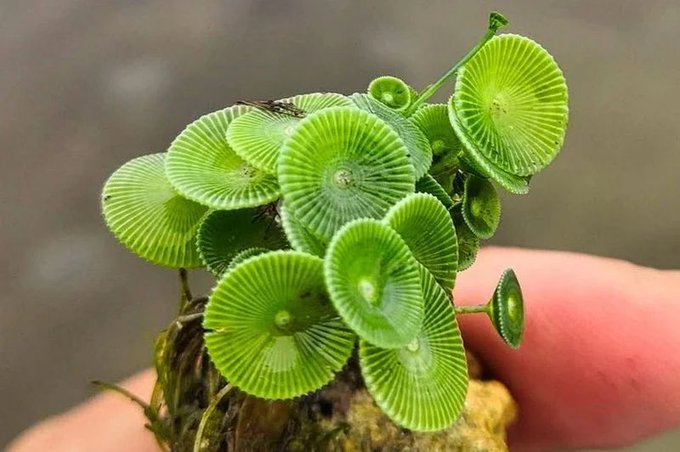Environment,
Dr Felix Bast of Panjab University discovered a new species of Acetabularia, a single celled green algae in Andaman. He found the species so stunning that he named the species ‘jalakanyakae’ based on a Sanskrit word ‘jalakanyaka’ literally means mermaid or goddess of ocean.
Such single-cell organisms offer great learning opportunities for molecular biologists to understand the cellular processes,” said Felix Bast, head, Department of Botany at CUPB and lead author of the paper in the Indian Journal of Geo-Marine Sciences, published by the Council of Scientific and Industrial Research (CSIR).
Spotted in 2019 at the island, the CUPB team took about two years to identify and fully understand the morphology of this algae, for which extensive DNA sequencing was needed. Yet another characteristic about the newly-discovered species is that its nucleus forms a rhizoid structure, which facilitates the algae to attach itself to shallow rocks.
Acetabularia, the experts say, is highly regenerative in nature. “Even if one chops off the top portion, this algae can regrow,” they said.
The Andaman and Nicobar Islands are home to coral reefs and are rich in marine biodiversity. Like other islands and coastal areas around the world, these too face the threat of sea levels rising due to global warming. As it is primarily a marine algae, the projected sea level rise due to global warming is not as much of a direct threat to its existence, the experts noted. “But due to climate change, the oceans are warming and there is increasing acidification — both of which could be harmful
Dr Felix Bast of Panjab University discovered a new species of Acetabularia, a single celled green algae in Andaman. He found the species so stunning that he named the species ‘jalakanyakae’ based on a Sanskrit word ‘jalakanyaka’ literally means mermaid or goddess of ocean. pic.twitter.com/KEtVe1VJiv
— Ramesh Pandey (@rameshpandeyifs) November 5, 2021


















